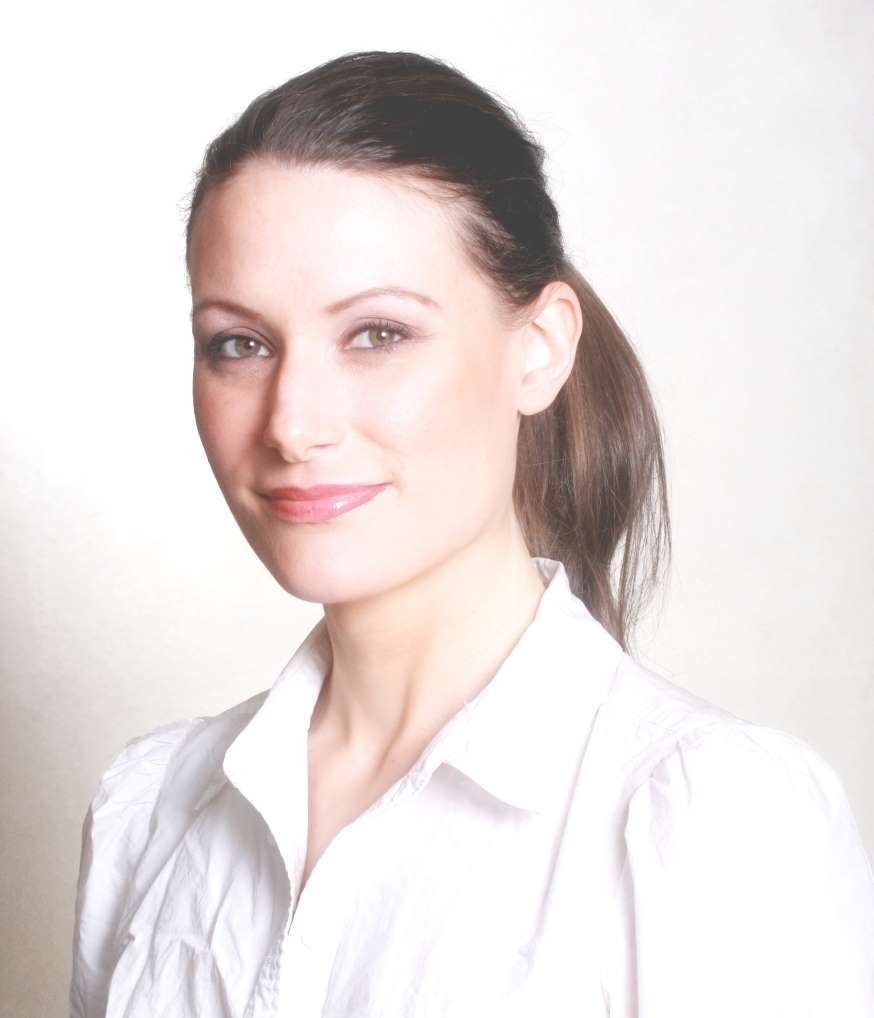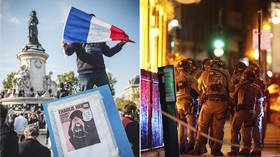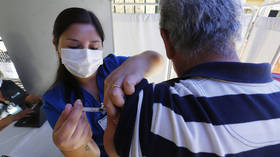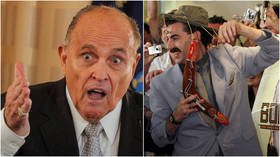France does a volte-face on free speech in the wake of a teacher’s beheading, but the law needs to be changed to reflect this
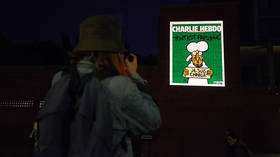
With the Charlie Hebdo images now being projected onto buildings in France, it seems free speech is being encouraged by the authorities. If so, this must apply to everyone – and selective prosecutions must be stopped.
The murder and decapitation of a school teacher in the Paris suburb of Conflans-Sainte-Honorine earlier this month for showing his class caricatures of the Prophet Mohammed – the same images cited by jihadists when, in January 2015, they killed journalists working at Charlie Hebdo, the satirical magazine that initially published them – has sparked a rhetorical U-turn by the French authorities.
In the wake of the attack on Charlie Hebdo’s headquarters, the general message from public officials was that exercising one’s freedom of expression, however distasteful, doesn’t warrant death. But at the same time, there was acknowledgement that the free speech exercised by the magazine in publishing the cartoons served to provoke. Great caution was taken by officials through self-censorship to avoid further fanning the flames. The implication was that free speech was a good thing – but only in certain circumstances – and that maybe some speech needed to be curtailed to avoid inciting division, unrest, and murder.
Fast-forward to the present day and this latest act of terrorism attributed to the same Charlie Hebdo images. Suddenly, French officials are positioning themselves as defenders of free speech at any cost. French President Emmanuel Macron tweeted on the night of the attack, “Ils ne passeront pas” (‘they shall not pass’), evoking the famous phrase “¡No pasarán!” used by the Spanish Republic against General Franco at the outset of the Spanish Civil War.
Ils ne passeront pas.
— Emmanuel Macron (@EmmanuelMacron) October 16, 2020
It has since been adopted more generally as an anti-fascist slogan. So, suddenly, the president of France appears to be declaring war against jihadist fascism, which wants to control what citizens say and do in democratic countries.
And French establishment figures of all stripes are echoing Macron’s message. Manuel Valls, who was prime minister during the first Charlie Hebdo attack, has called on all French media to republish the caricatures.
And in Montpellier and Toulouse, giant versions of the images were projected onto buildings, as officials defended the measure. Regional president Carole Delga said: “There must be no weakness in the face of the enemies of democracy, in the face of those who reveal religion to transform it into a weapon of war, in the face of those who unite, by calculation or renouncement, with those who have the political objective to destroy the republic.”
At a memorial service for the fallen teacher, Samuel Paty, 47, Macron reiterated his commitment to protecting free speech: “We will continue, Teacher. We will continue this fight for freedom, this fight to defend the republic of which you have become the face.”
There are quite a few people in France who will likely consider this volte-face as welcome news. Because, until now, free expression in France has frequently been subjected to criminal prosecution – even in the context of bringing to light the most shocking realities of radical Islamist terrorism. For instance, Marine Le Pen, the leader of the Rassemblement National, was criminally charged, along with a fellow party member, for exercising free expression online by merely republishing graphic images of violent acts perpetrated by Islamic State terrorists. If the French state is serious about defending free speech, then it goes without saying that those charges should be dropped for starters.
The many criminal pursuits by the French state against journalists routinely charged and convicted by the courts for expressing an opinion classified as hatred under the country’s hate-speech laws should also now be abandoned and all convictions overturned.
Also on rt.com France has paid an appalling price for its lax attitude to radical Islam and a clampdown on extremists is long overdueIn fact, just eliminate hate-speech laws altogether, as they’re contrary to the most basic principles of free expression. If Macron and his majority government aren’t paying lip service in the wake of this attack, then they should enshrine free speech in French law.
Real structural reforms are required. That is, if Macron is actually serious. Because we’re talking about the same president who, just last year, actively worked to extend hate-speech laws to the internet. So despite all the encouraging rhetoric in the wake of this emotional incident, I won’t be holding my breath for any real or lasting change.
Think your friends would be interested? Share this story!
The statements, views and opinions expressed in this column are solely those of the author and do not necessarily represent those of RT.
